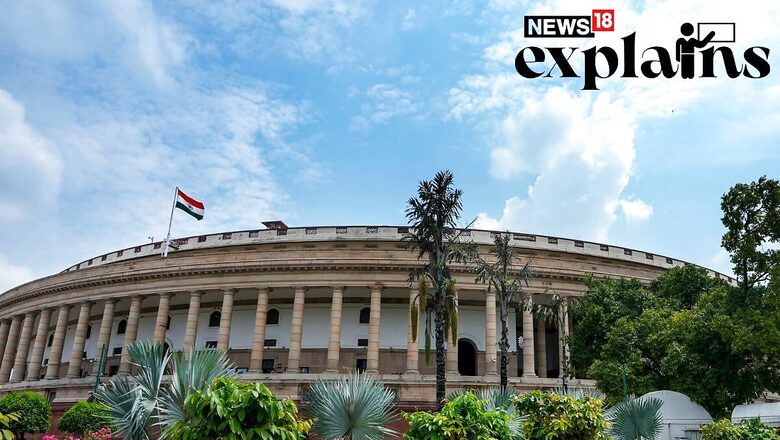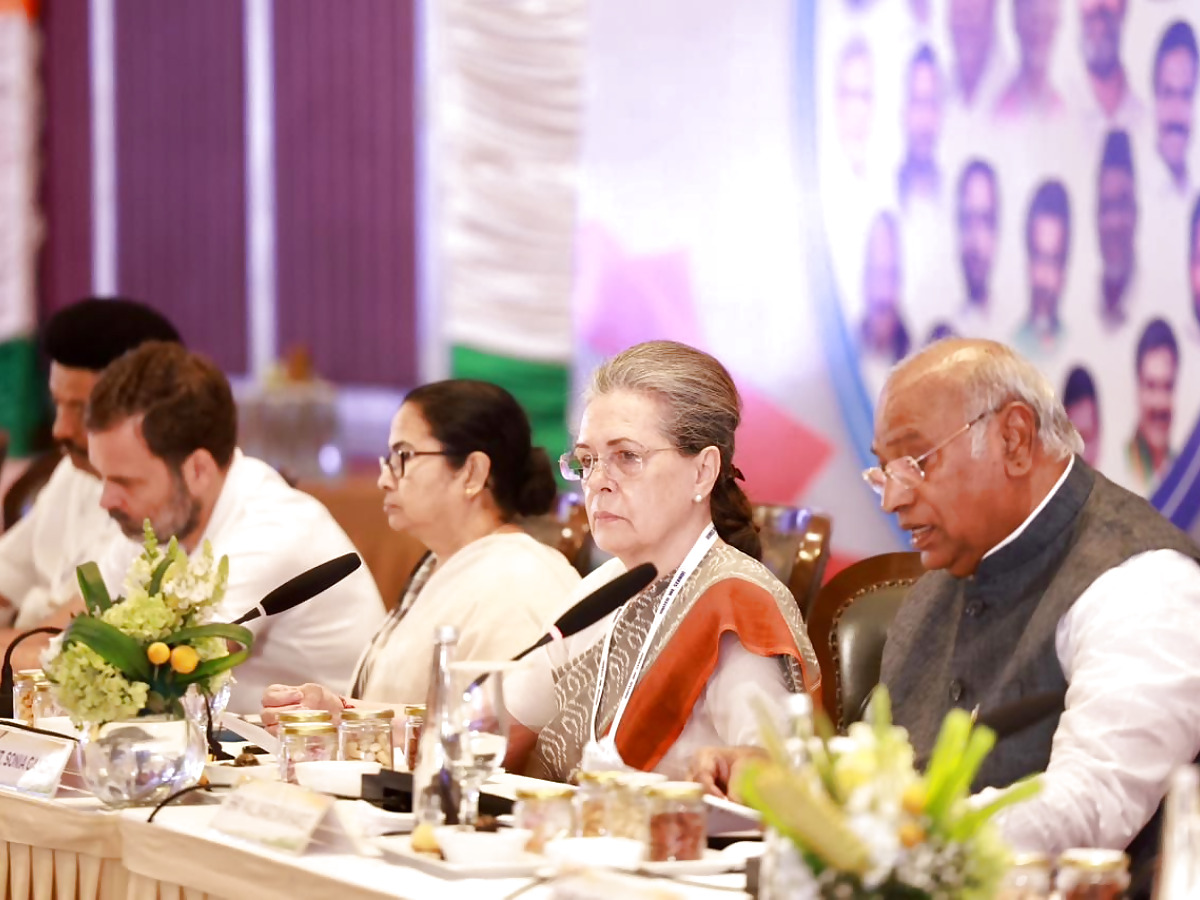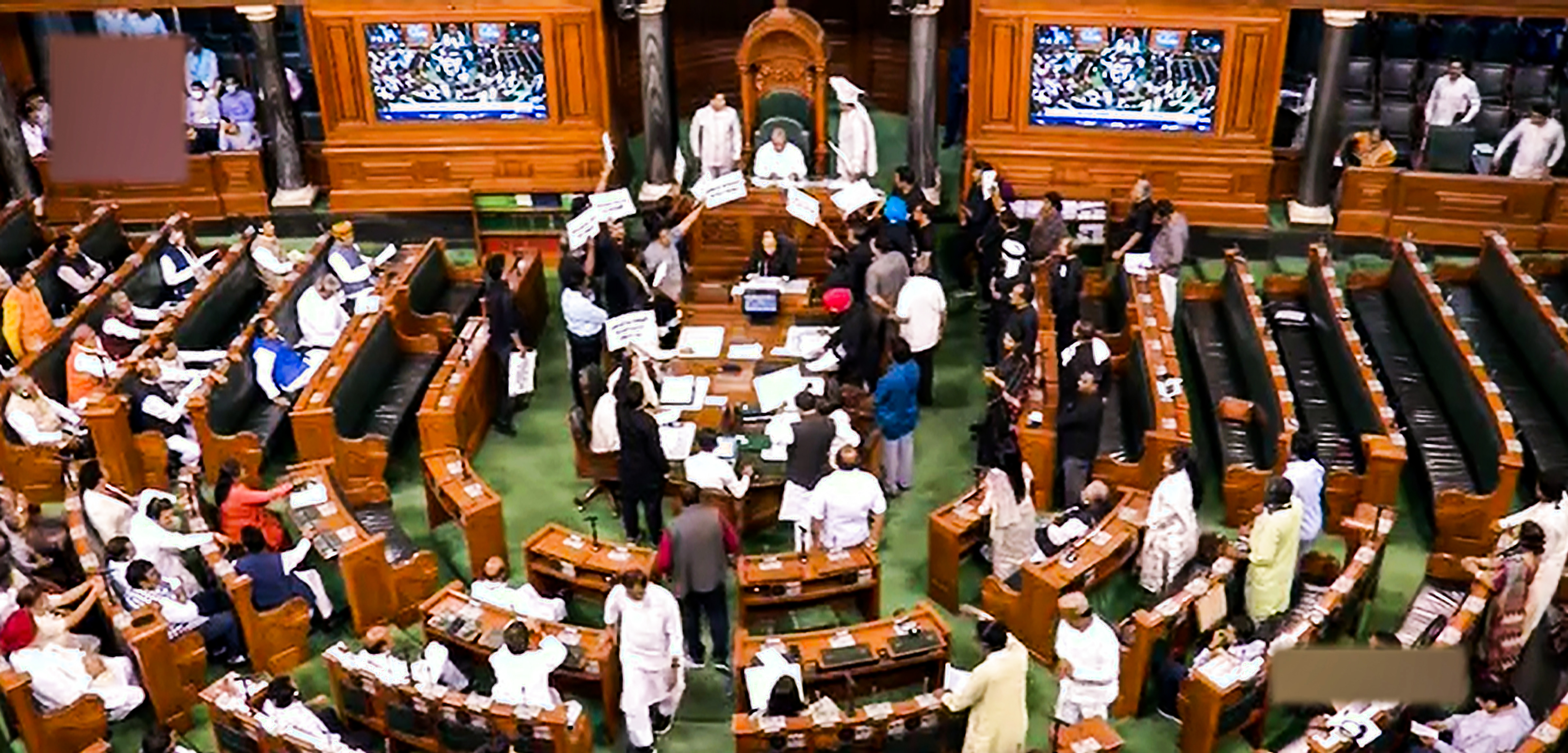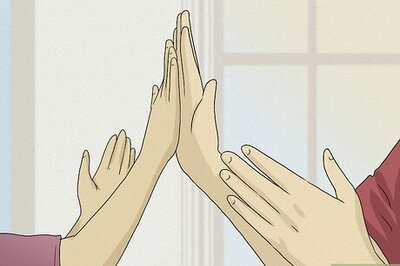
views
In the ongoing monsoon session of the Parliament, several important bills have been lined up in the House for discussion and voting. Some bills like the Delhi Ordinance Bill is a significant one where the ruling party and the opposition are poles apart on the legislation. Ahead of the voting on the bill, several opposition parties have issued whips to their party MPs to remain present in the house during its introduction.
In this context, this article will discuss two important tools that the Members of the Parliament and parties use a means to gather support and protest: Whip and Walkout.
What is a Whip?
In parliamentary practice, a whip may be referred to both a written order to members of a party in the House to abide a certain direction or to a designated official of the party who is authorised to issue such a direction.

The term traces its roots to the old British practice of “whipping in” lawmakers to follow the party line. In the context of Indian Parliament, a whip is a written order that a political party issue to its members to be present in the House for an important vote or vote in a particular way.
Under the Tenth Schedule (anti-defection law), a political party has a constitutional right to issue a whip to its legislators.
Types of Whips
There are three types of whips:
- One-line whip: A one-line whip is to inform the members about a vote and allows a member to abstain in case they decide not to follow the party line.
- Two-line whip: A two-line whip directs the members to be present in the House during voting. However, no special instructions are given on the pattern of voting.
- Three-line whip: A three-line whip is the strictest of all the whip and is issued to members directing them to vote as per the party line.
What Happens if a Whip in Violated?
If a member or some members violate party’s whip, they can be disqualified from the House under the Anti Defection Act. however, if more than a third of the legislators vote against a directive, then they cannot be defected.
What is Walkout?
Disruptions and walkouts have become favourite tools in the legislative strategy of political parties. Walkout is a medium of protest where members of a party, generally the opposition, walks out of the parliament or a state legislature boycotting a proposed motion or agenda.

Unlike whip, the term walkout has not been defined in Rules of Conduct and Parliamentary Etiquette and therefore there are no laws governing or prohibiting it.
It is frequently witnessed during disruptions in the House where the opposition tries to stall the proceedings of the day. However, walkouts doesn’t stop the proceedings or affect the voting on a motion. Instead, it hurts the opposition numbers as the quorum of the house is reduced and the votes required for a simple or absolute majority is decreased.



















Comments
0 comment